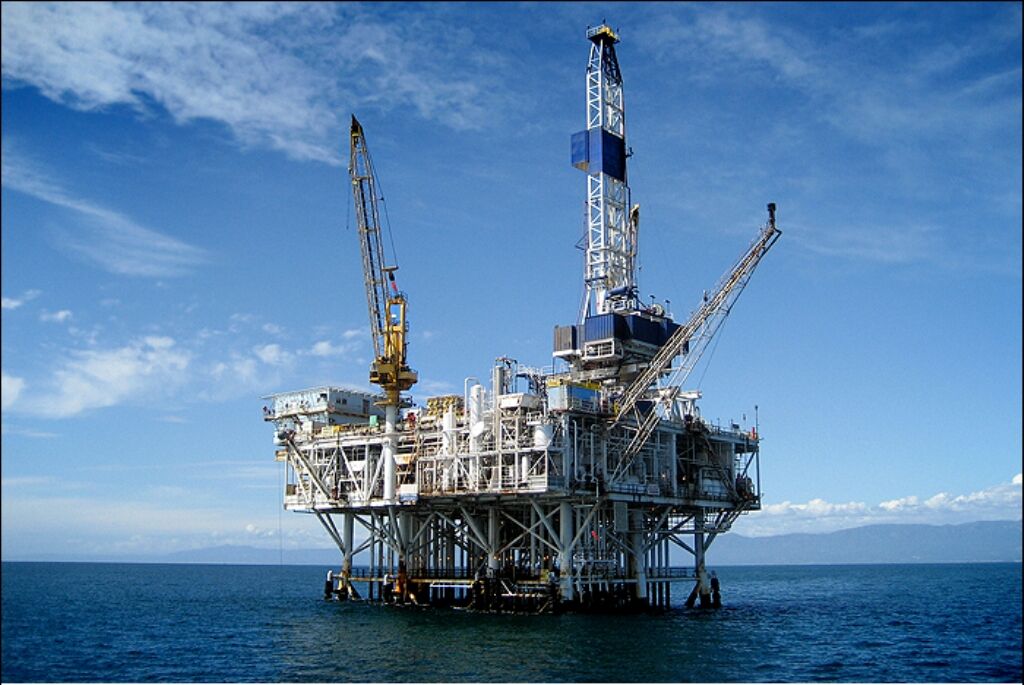The Wall Street Journal reports that China is paying for Iranian oil through a secret financial network.
The Wall Street Journal reported that China has bypassed U.S. sanctions against the Islamic Republic by using a hidden financial channel to pay for the oil it receives from Iran.
According to the newspaper, the secret oil payments were made through a Chinese state-owned insurance company and a financial institution in the country.
The report states that the barter trade system works in such a way that in exchange for the oil sent from Iran to China, Chinese companies participate in Iran’s infrastructure projects with the support of the Islamic Republic.
This secret payment loop is completed by China’s state-owned insurance company Sinosure and the financial entity Chuxin.
U.S. officials have stated that in 2024, Iran exported up to $84 billion worth of oil to China through this secret mechanism and secured the necessary funding with China’s participation in major infrastructure projects. According to the U.S. Energy Information Administration, Iran exported a total of $43 billion in oil in 2024, about 90% of which went to China.
Since the U.S. withdrew from the JCPOA in 2018, China has been the main buyer of Iranian oil. According to the Wall Street Journal, the goal of the Trump administration’s maximum pressure policy since February was to reduce Iran’s oil exports to zero, but despite the sanctions, Iran’s exports to China have remained at nearly the same level.
The report states that Iranian crude oil is sold through an Iranian company to a Chinese buyer affiliated with the state-owned company Zhuhai Zhenrong, and the proceeds are deposited into Chuxin’s account and then transferred to Chinese contractors active in Iran’s engineering projects.
The Wall Street Journal writes that Sinosure acts as a connector that links these pieces together.
China is involved in Iran’s airport construction, refinery, and transportation projects, and Sinosure has played a direct role in 16 out of 54 contracts between the two countries from 2000 to 2023.
However, there is no evidence of a direct link between this company and the secret oil-for-construction agreement.
The U.S. Treasury Department has declined to comment on the activities of Sinosure and Chuxin. The Chinese Foreign Ministry has also expressed unawareness of the report, and Chinese companies and the Iranian delegation at the United Nations have not responded.
Mohsen Paknejad, Iran’s Oil Minister, stated that the return of global sanctions does not bring new sanctions, and Iran’s oil exports continue at the highest levels. Masoud Pezeshkian, Iran’s President, also said, ‘How can they sanction Iran, which has 15 neighboring countries?’

